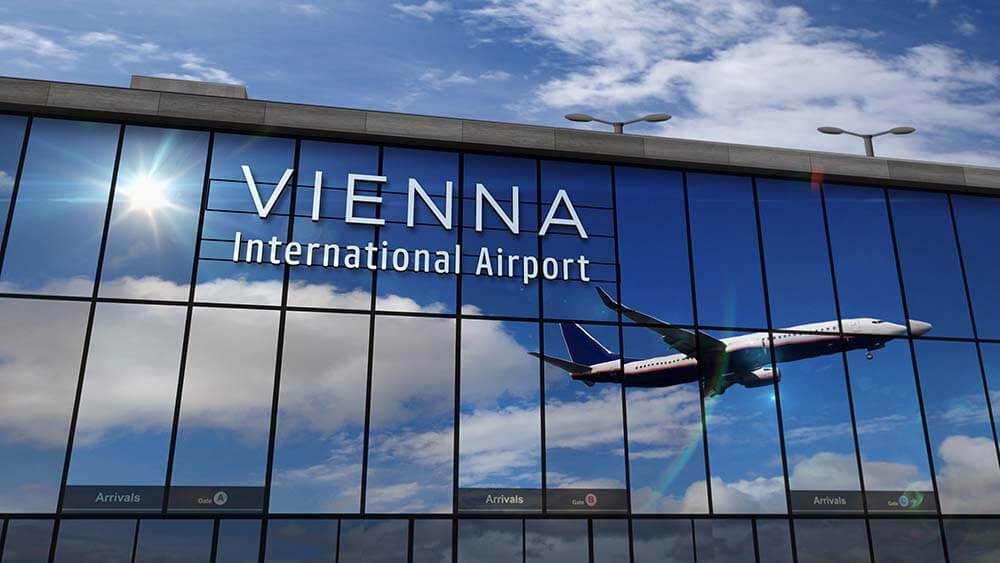
Winning the fight against carbon emissions will take more than flyers purchasing carbon-offset credits.

Michelle Russell
I am counting down the days to travel to Vienna to attend PCMA’s Convening EMEA conference, Sept. 28-30, as I write this. It will be my second time in Vienna and I can’t wait to explore parts of this beautiful city I missed on my first trip a dozen years ago.
One thing that wasn’t part of my previous experience is a heightened awareness of the environmental toll my travel from New York to Austria will take. So, I purchased a carbon-offset credit for around $40 to cover my round-trip air time, and minutes later, received a certificate from Cool Effect, acknowledging my support in the fight against carbon emissions.
Making that contribution mitigates some of my guilt, but the world cannot offset its way to carbon neutrality — a point a Washington Post article on carbon offsets makes clear. But offsets have a part to play (and no surprise, the North American Carbon World conference has been gathering professionals working in carbon markets and climate policy for two decades).
I know I’m not alone in giving my environmental footprint greater consideration. There was a “huge rise in social consciousness around the severity of the climate” just prior to and during the pandemic, sustainability consultant Shawna McKinley told Deputy Editor Barbara Palmer. “We’re coming back to a world where people are questioning activities that are carbon intensive,” she said, and the events industry is “becoming more cognizant of the vulnerabilities that we have.”
Some recent articles we’ve featured in our News Junkie newsletter have made those vulnerabilities more apparent. Published in journals like Nature, these articles voice the concerns of their audiences, often scientists, who weigh the pros and cons of in-person events that contribute to global warming even as they contribute to solutions to the world’s problems. An international development organization leader recently shared how he uses his events’ carbon footprint in his calculus for which event model — in-person, hybrid, or digital — to plan for.
My own travel misgivings scratch the surface of a larger angst — campuses are now offering therapy for students who are experiencing anxiety over climate change and a climate psychology certificate has just been launched to equip mental health professionals with the training they need to provide climate stress services for young people, our next generation of event attendees.
When you add concerns over your in-person event’s carbon footprint to the list of factors potential registrants are weighing — including whether they feel comfortable convening in destinations that limit or prohibit access to abortion, and whether they can get similar content online from home — forecasting your event with so many unknowns seems impossible.
So for our October cover story I asked the authors of The Upside of Uncertainty to apply the principles in their book to the planning of events. I hope their insights help you add the critical skill they call an uncertainty ability to your ever-growing toolkit.
‘An Extremely Uncomfortable Space’
In this issue, our regular columnists Beth Surmont and Kimberly Hardcastle-Geddes, also offer their tips on how to navigate the current environment of uncertainty — “an extremely uncomfortable space for us control freaks who just want everything to settle down already,” Beth writes. Kimberly cautions against using a “recovery mindset” to recreate the same events as 2019, rather than creating new ones that better align with the changes your audiences have experienced.
Michelle Russell is editor in chief of Convene.
